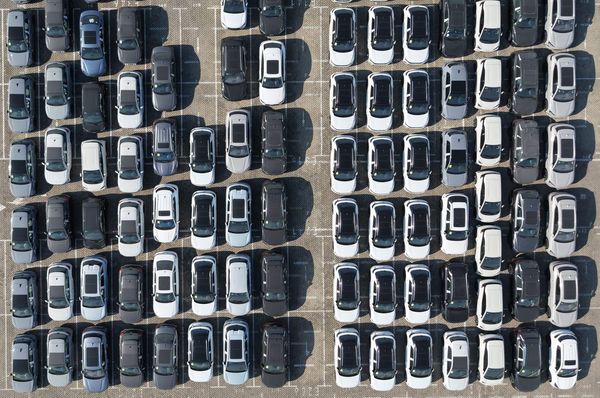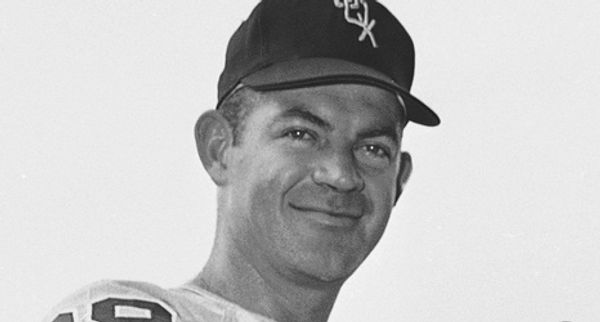
With a blessing for its EU ambitions and a pledge of unwavering support from Britain, Ukraine is vowing to prevail against Moscow as it battled Russian assaults near a key eastern city and multiple locations came under shell and missile attack.
European Union countries are expected at a summit next week to grant Ukraine EU candidate status following a recommendation from the bloc’s executive on Friday, putting Kyiv on course to realise an aspiration seen as out of reach before Russia’s February 24 invasion, even if actual membership could take years.
British Prime Minister Boris Johnson made a surprise visit to Kyiv on Friday and offered a stepped-up training for Ukrainian forces. Back in Britain on Saturday, he stressed the need to avoid “Ukraine fatigue” after nearly four months of war.
“The Russians are grinding forward inch by inch and it is vital for us to show what we know to be true, which is that Ukraine can win and will win,” he told reporters.
“When Ukraine fatigue is setting in, it is very important to show that we are with them for the long haul and we are giving them the strategic resilience that they need.”
In an op-ed for London’s Sunday Times newspaper, Johnson said this meant ensuring “Ukraine receives weapons, equipment, ammunition and training more rapidly than the invader”.
On the battlefields on Saturday, Sievierodonetsk, a prime target in Moscow’s offensive to seize full control of the eastern region of Luhansk, was again under heavy artillery and rocket fire as the Russian forces attacked areas outside the industrial city, the Ukrainian military said.
Luhansk Governor Serhiy Gaidai said Russian attacks on towns just south of Sievierodonetsk were repulsed by Ukrainian forces, although the situation in satellite villages was “difficult”.
“The Russians have thrown all their reserves in the direction of Sievierodonetsk and Bakhmut,” he said in an online post. “They are trying to establish full control over the regional centre and to cut the Lysychansk-Bakhmut highway. They’re having no success, they are dying en masse.”
Gaidai said the city of Lysychansk was under constant shelling but remained fully in Ukrainian hands, although a “quiet” evacuation was under way. He said a key highway out of the city was now impassable due to Russian shelling.
To the northwest, several Russian missiles hit a gasworks in Izium district, and Russian rockets rained on a suburb of Kharkiv, Ukraine’s second-largest city, hitting a municipal building and starting a fire in a block of flats, but causing no casualties, Ukrainian authorities said.
Further northwest, the Ukrainian armed forces’ general staff said Russian troops on a reconnaissance mission near the town of Krasnopillya had been beaten back with heavy casualties on Saturday.
Ukrainian authorities also reported overnight shelling of locations further west in Poltava and Dnipropetrovsk, and on Saturday they said three Russian missiles destroyed a fuel storage depot in the town of Novomoskovsk, wounding 11 people, one critically.
Ukrainian President Volodymyr Zelenskiy, whose defiance has inspired Ukrainians and won him global respect, said on Saturday he had visited soldiers on the southern front line in the Mykolaiv region.
“Our brave men and women. Each one of them is working flat out,” he said on Telegram. “We will definitely hold out! We will definitely win!”
One of Russian President Vladimir Putin’s stated goals when he ordered his troops into Ukraine was to halt the eastward expansion of the NATO military alliance and keep Moscow’s southern neighbour outside of the West’s sphere of influence.
But the war has had the opposite effect: convincing Finland and Sweden to seek to join NATO and helping to pave the way for Ukraine’s EU membership bid.
“Ukrainians are ready to die for the European perspective,” European Commission President Ursula von der Leyen said on Friday, while announcing its decision to recommend Ukraine and its neighbour Moldova as candidates for EU membership.
“We want them to live with us the European dream.”







